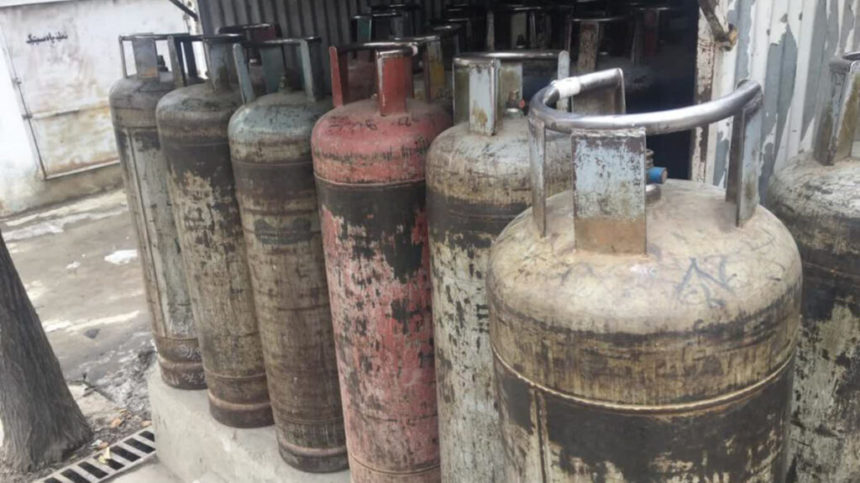RASC News Agency: Several inhabitants of Badghis province in western Afghanistan affirm that fuel prices have surged by 65% compared to a year ago. Isa Mahbubi, a resident of Badghis province, conveyed to a RASC news correspondent on Tuesday, December 26th, that the annual increase in fuel prices has compounded, negatively impacting the populace.
Mahbubi notes that the cost per kilogram of liquid gas in the markets of Badghis province is set at 75 kabuli rupees, the local currency. Furthermore, he elucidates that during the winter season, fuel prices, especially for liquid gas, experience additional escalation, coercing individuals to procure their desired commodities at any cost and subjecting them to an unfavorable predicament.
Simultaneously, Rasoul Gholami, another resident of Badghis province, informed RASC that the principal issues associated with the ascending fuel prices emanate from merchants and shopkeepers who acquire liquid gas and other fuels at reduced prices and vend them at the utmost prices during the winter season. He observes that many denizens in Badghis province lack the financial means to acquire liquid gas per kilogram due to economic adversities, potentially alleviating their families from the harsh cold.
Moreover, Rostam Shahabi, a trader in Badghis province, apprises RASC that economic challenges have plunged the entire Afghanistan market into disarray, causing fuel prices to surge automatically. Shahabi articulates, “Annually, fuel prices double in the winter season, and these exploitative shopkeepers further augment the prices on the populace.” Mr. Shahabi underscores that if the Taliban group authorities exercise control and oversight over the activities of exploitative fuel shopkeepers, the prices of liquid gas and other commodities will witness a decline.
Despite our exhaustive endeavors, we were unable to procure the perspectives of Taliban group authorities in Badghis province. It is noteworthy that, as per public statements, the price per kilogram of liquid gas in the winter season has soared to up to 90 kabuli rupees, the prevailing currency, surpassing the financial capacity of the populace.






